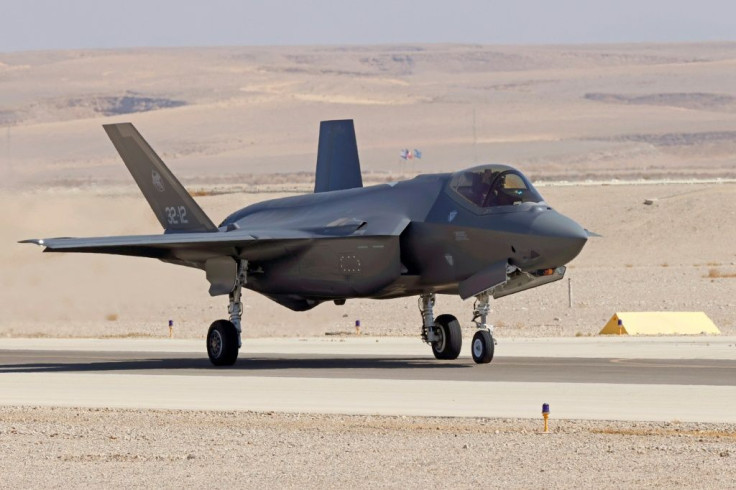UAE Drops Hot F-35 Deal, Adding To US Allies Resisting Washington's Pressure On China

The U.S. is losing out its declared allies and strategic partners to its immediate competitors as they risk even sanctions to keep their business and national interests intact.
After India and Turkey, the United Arab Emirates (UAE), a strong strategic U.S. partner in the Middle East, has applied brakes on buying US-made F-35 fighter jets. The desert Sheikdom found more good in not finding a place with the prestigious group of nations that own the single-seat, single-engine, all-weather stealth combat aircraft.
Saudi Arabia, seen as a junior partner from the Oval Office, is inching closer to the Russian camp, and the House of Saud, the rulers of the kingdom, will also lay their hands on the Russian S-400 air defense system, citing displeasure over the regional roadmap outlined by the United States.
Earlier, Turkey and India, the second-largest NATO partner and a member of the four-nation QUAD, respectively, defied U.S. sanctions and fell for a lethal Russian air defense system, citing national interests.
On Dec. 14, the UAE said that it was putting off talks with the United States over the purchase of the F-35 Lightning fighter jet, the most advanced US. .weaponry ever transferred to an Arab state.
A UAE official told CNN the decision came after "technical requirements, sovereign operational restrictions and cost/benefit analysis led to the re-assessment."
On Dec. 13, a UAE air force official sent a letter to the Pentagon against the offer and acceptance for 50 Lockheed Martin F-35A fighters, 18 General Atomics MQ-9Bs, and $10 billion worth of air-to-air and air-to-ground munitions produced by Raytheon.
The prime security concern cited is a lack of information-sharing mechanism on operating the multi-role aircraft. However, the U.S. also put pressure on the UAE not to conduct business with Chinese telecom giant Huawei Technologies over potential security risks for its weapon systems and was not happy about what it believes a Chinese military facility at a UAE port.
The U.S. administration has placed Huawei and Hikvision, a Chinese video surveillance company, on a trade blacklist and has led a campaign to convince allies and partners to exclude them from their 5G networks.
The UAE suspension took place after Israeli Prime Minister Naftali Bennett met the Gulf state's leader Crown Prince Mohammed bin Zayed in Abu Dhabi on Dec. 13 -- the first official visit by a senior Israeli leader to the Gulf state.
Israel is the first country to opt for the F-35 in 2010 through the US government's Foreign Military Sales policy. As the U.S. is reducing its presence in the Middle East, Israel is expected to act as a de facto regional leader due to its military advantage over other Arab nations.
The timing of suspending the deal is important as a high-level UAE delegation visited the Pentagon for two days from Dec 15.
When it comes to China, its top trading partner, and the U.S., its main strategic partner, the UAE has repeatedly said that it would not give up on Huawei and is insisting on Washington to stick to the original F-35 offer, made under the Trump administration without the Huawei clause. Or, they will look elsewhere as they did recently by inking a $19 billion deal with France to buy 80 Dassault Rafale fighters.
By buying the S-400 Missile System, India, a strategic ally in Asia, forced the U.S. to find face-saving formula after it imposed curbs on Turkey back in 2017 for the "same mistake" India committed this year. Apparently, the U.S. is confused as India figures prominently in its military plans against China. So far, no action has come from the US against India.
During the Syrian war, Turkey enhanced its air defense by moving out of NATO allies defense system and made a deal with Russia to get the S-400 surface to air missile defense system. Subsequently, the U.S. removed Turkey from the "F-35 countries" list and slapped defense sanctions on it.
The U.S. writ does not run on its allies as it used to.
























